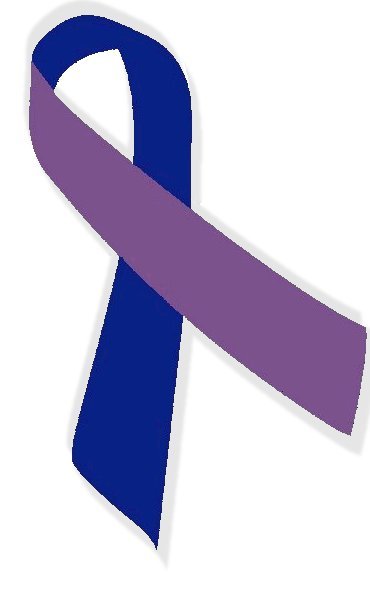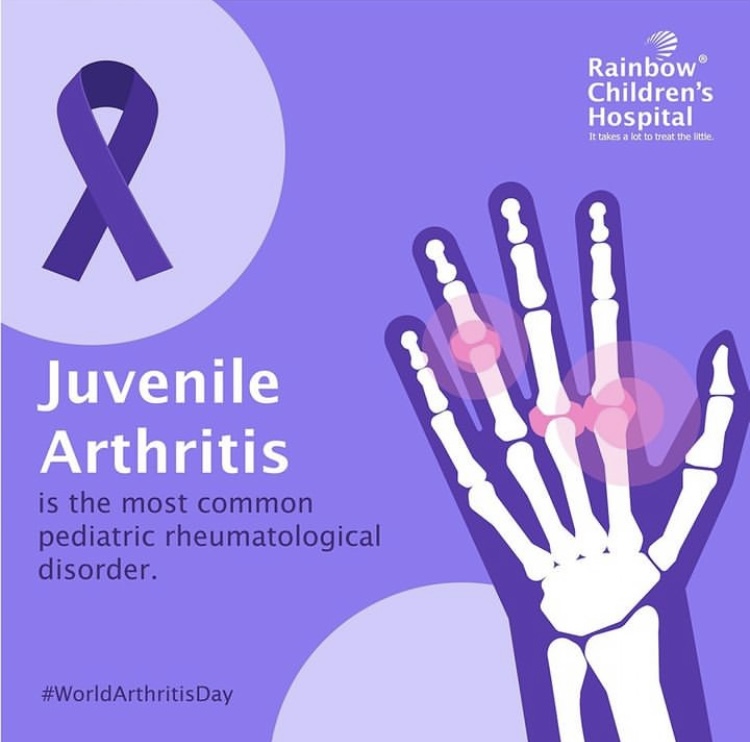World Juvenile Arthritis Day: No, it’s not just an ‘old person’s disease’
On World Juvenile Arthritis Day, Robyn Lawrence discusses the condition and her own experience.

As a society, we preach open mindedness, acceptance, and the importance of creating a space for people to express their feelings. We are getting better at having open discussions about topics that were often forgotten or deemed not important by societal standards. Yet, the discussion surrounding chronic pain and its impact is often overlooked, especially when it involves children and young people. Over twenty million people in the UK live with a musculoskeletal condition. Whilst figures vary, around 12,000 children aged sixteen and below have Juvenile Idiopathic Arthritis. Today, on March 18th, it is World Juvenile Arthritis Day, and it is time to start talking about it.
What is a musculoskeletal condition?
Musculoskeletal conditions affect many parts of the body, such as the joints, bones, and muscles. Common types include various forms of arthritis, such as Osteoarthritis and Rheumatoid Arthritis. These conditions can affect anybody, at any age. The experiences somebody can feel with a condition like this can differ to another. But they all have one thing in common, pain. Pain that can often be ‘sugar coated’, considered exaggerated by others, or simply described as a ‘few achy joints’. The impact of such conditions can be physically and mentally exhausting. But, when you are a child, or an adolescent, dealing with the normal physical changes that happen to your body, being told you have arthritis isn’t a change you thought you would have to deal with.
The impact of living with arthritis at a young age
The common belief is that conditions such as arthritis only affect older adults and the elderly. Whilst people in these age ranges do get diagnosed with arthritis, and their personal experiences shouldn’t be overshadowed, it’s important to validate the experiences children and young people with the condition have as well. There are many challenges children and young people face growing up, such as making friends, being academically successful, thriving for a bright future and achieving your dream job. Whilst this can be very daunting for many people, for many young people with arthritis, dreams such as these can feel unattainable. This is because day-to-day tasks people their age find easy or normal, a young person with arthritis can find incredibly difficult. Many people take the simple task of being able to get out of bed and move their body for granted. It can often lead to social isolation and feeling incredibly misunderstood. This can be overwhelming for young people going through already significant changes in their lives. Arthritis can not only affect you physically, but mentally too.

‘What are you? Eighty years old?’
As a child, I had been struggling for years with severe pain. But doctors never took me seriously. When I finally got listened to, I was given news my family and I weren’t expecting, news we thought wasn’t possible for someone my age. At ten years old, I was diagnosed with Juvenile Idiopathic Arthritis. All of a sudden, I was thrown into a world that consisted of hospital visits, an operation and medication. It wasn’t easy and the diagnosis came with many struggles to come. A struggle I didn’t anticipate though, was the stigma surrounding me having ‘an old person’s disease’. At a time where I was soon to enter secondary school, I felt isolated from my peers. I found myself not being able to do the tasks and activities that seemed so normal to everybody else. I was surrounded by constant stereotypes, not only from my fellow peers growing up, but also my teachers. There was one particular experience that I had with a teacher at secondary school. I walked into a class with a wrist support bandage on, and I was honest with the teacher as to why I was wearing it. The response I received was ‘What are you? Eighty years old?’. I felt belittled and humiliated. I became very aware that the myths surrounding the condition were not only prevalent amongst people my age, but also adults who were unaware how harmful incredibly old stereotypes can be.
How can I help somebody living with Joint Pain?
The Arthritis Foundation has created tips for people living with arthritis, or for those caring for somebody with arthritis. There are tips on how to reduce emotional stress related to arthritis, such as calming music and deep breathing exercises. It also displays tips on physical exercise and maintaining a balanced diet. These tips and tricks may be seen as nothing new. But when you are living, or caring for someone, with arthritis, it’s imperative that physical and mental wellbeing are looked after as much as possible. This doesn’t mean that they have to go on a daily run or cut down on their love for pizza and garlic doughballs. That doesn’t work for everyone and that’s ok. Take time to figure out what works best for you or your loved one.
Last of all, mind your language
In a country where we are encouraging people to talk about their feelings, a discussion surrounding childhood illnesses such as arthritis needs to be a part of it.
It’s true how harmful words can be. Although I am fortunate to have been living in remission for many years, for other young people this is not the case. In a country where we are encouraging people to talk about their feelings, a discussion surrounding childhood illnesses such as arthritis needs to be a part of it. Breaking stigma and challenging stereotypes is the way forward in creating a space where children and young people can express how they are feel, without fear of judgement. Inclusivity is imperative and that starts with the way talk about things and address social issues within society. Let’s start using words that don’t undermine someone’s pain. Let’s educate and remove words such as ‘suffering’ and replace it with ‘living with’.
Living with chronic pain is hard and feels unbearable at times. We are used to hearing phrases such as ‘get on with it’. Everybody’s journey with arthritis is different and small steps to improving your overall wellbeing should be celebrated. Growing up can be hard enough, let alone with arthritis. At ten years old, thinking about my future and all the things ‘I wouldn’t be able to do’ was terrifying. Little did I know that nine years later, I would be hiking in the middle of the Bornean Jungle in Indonesia, doing things that I never thought was physically possible for me. My advice for anyone struggling with arthritis or chronic panic? Keep believing it’s possible.
Image credit: Wikimedia Commons
